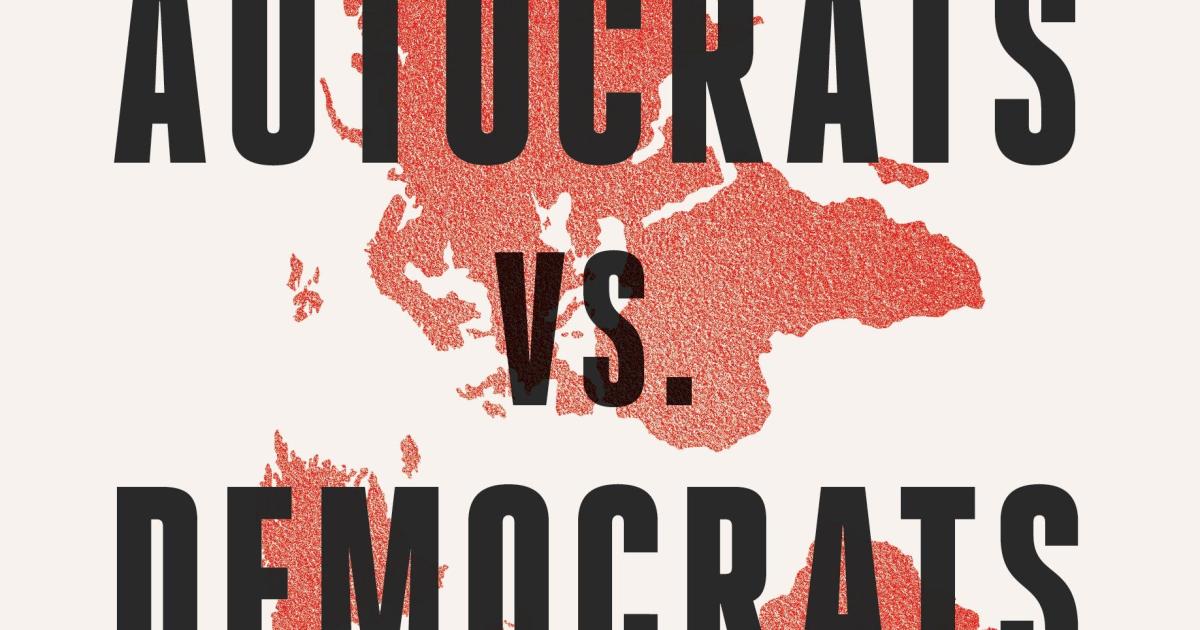Navigating Modern Geopolitics: Understanding the New Cold War Dynamics Between China and Russia










2025-04-30T00:00:00Z

In the midst of persistent partisan divisions within Washington, D.C., there is one issue that surprisingly unites both Republicans and Democrats: China. Both parties are fiercely debating over which can adopt the most hawkish stance towards this rising superpower. This struggle reflects a growing sentiment in Washington, where many are not merely apprehensive about the onset of a new Cold War but are, in fact, embracing the concept with open arms. The notion of a Cold War 2.0 seems to resonate well with political leaders, who find solace in historical frameworks, almost willing such a conflict into existence.
However, as this political narrative gains traction, it is crucial to recognize that the challenges we face today differ significantly from those encountered during the original Cold War with the Soviet Union. For example, the current alliance between the autocratic regimes of China and Russia presents a unique set of challenges that diverge from past geopolitical confrontations. Moreover, the nature of the ideological struggle has evolved, with China's economic power playing a pivotal role in shaping global dynamics. Additionally, the rise of the far-right movements in both the United States and Europe, alongside increasing isolationism and societal polarization within America, adds layers of complexity to the current geopolitical landscape.
Michael McFaul, a former U.S. ambassador to Russia and a prominent analyst for NBC News, has dedicated decades to exploring American foreign policy. In his latest thought-provoking work, he critiques the prevailing orthodoxy regarding Russia and China. He contends that the path forward should not simply rehash strategies from a bygone era but instead leverage lessons from the Cold War to ensure the resurgence of democracy. By meticulously examining America's intricate history with both Russia and China, McFaul argues that we need to eschew a simplistic view of the competition as merely a second Cold War. Instead, he emphasizes the necessity of acknowledging the distinct military, economic, and ideological challenges posed by these nations today.
This analytical approach advocates for the development of innovative policies that respond effectively to contemporary threats, rather than reverting to outdated Cold War strategies. McFaul's book, titled Autocrats vs. Democrats, serves not only as a clarion call for a reassessment of American foreign policy but also as a robust counterargument to the prevailing Washington consensus regarding China. He posits that succeeding in this new geopolitical era necessitates more than sheer military might; it calls for an astute understanding of how to turn the oppressive regimes of our adversaries into a vehicle for promoting the power and potential inherent in democratic freedoms.
In conclusion, as the United States navigates this complex and evolving geopolitical landscape, it becomes increasingly clear that understanding the unique dynamics of our relationships with autocratic nations like China and Russia is paramount. By fostering a nuanced understanding of these interactions and leveraging our democratic ideals, the U.S. can position itself not just to confront these challenges but to encourage the flourishing of democratic values worldwide.
 Hans Schneider
Hans Schneider
Source of the news: Hoover.org